How To Safely Grow Lupines In The Garden Near Edible Plants
Is the tall and lovely lupine edible when planted near vegetables? Maybe not - learn what kind of lupine you’re planting to avoid the toxic varieties.
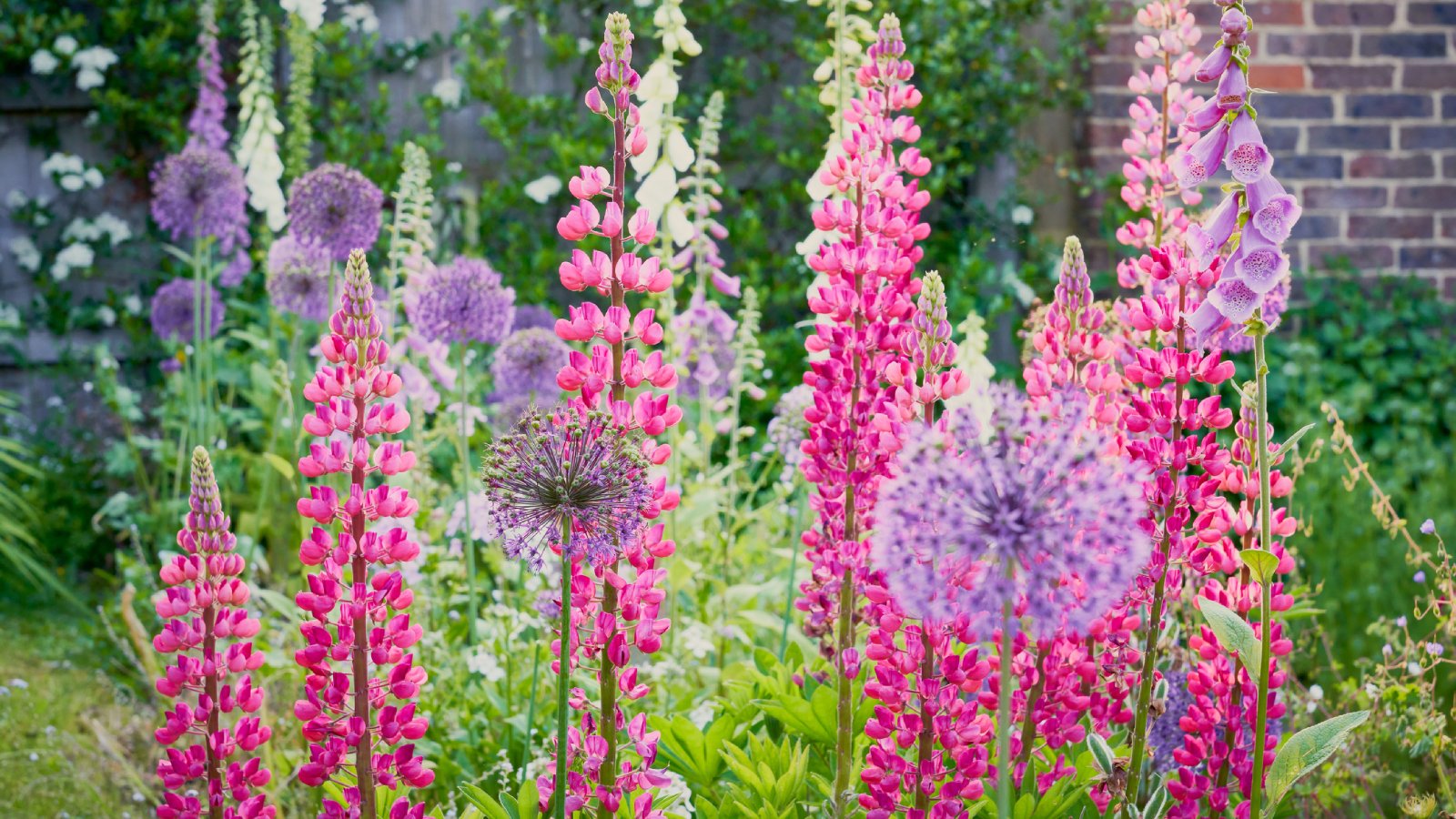

Lupine is a large genus of hundreds of species, some of which are native to North America, and some of which are toxic. Take care when planting lupine in vegetable gardens. Know which species you have, if it’s toxic, and if it is, that everyone who works in the garden understands the risks.
About Lupine in the Garden
Lupine species are popular garden plants for several reasons. Depending on location, certain types are good additions to a native garden, supporting the local ecosystem.
They are also simply attractive. Lupines have pretty, palm-like foliage and tall, striking spikes of flowers. The flowers are often white to blue or lavender, but cultivated hybrids come in all kinds of other colors. Lupine flowers attract pollinators like bees, butterflies, and hummingbirds.
Lupines are also legumes, which means they fix nitrogen in the soil. Like other legumes—peas, clover, vetch—they turn nitrogen from the atmosphere into a usable form, enriching the soil for other plants. This property makes lupine useful in a couple of ways. A lupine cover crop can be turned into the soil at the end of a growing season to add nitrogen for the next season. Lupine is also a good vegetable companion plant. Grow it alongside vegetables to naturally add nitrogen to the soil.
Is Lupine Poisonous?
A potential issue with growing lupine as either a cover crop or a companion plant in a vegetable garden is that some species are toxic to animals and humans. Farmers who raise grazing animals have to be aware of lupine growing in fields. Pregnant cows eating some species can have calves with devastating birth defects, for instance.
The problematic compounds in lupine are called alkaloids, but not all species produce them. The lupine’s seeds contain the highest concentrations of alkaloids, so these plants are riskiest while in seed.
Knowing whether lupine is toxic means knowing your species. Some of the culprits are
Gardening tips, videos, info and more delivered right to your inbox!
Sign up for the Gardening Know How newsletter today and receive a free copy of our e-book "How to Grow Delicious Tomatoes".
- Lupine sericeus (silky lupine)
- Lupine caudatus (tailcup lupine)
- Lupine leucophyllus (velvet lupine)
- Lupine argenteus (silvery lupine)
- Lupine formosus (lunara lupine)
- Lupine sulphureus (yellow lupine)
This is not a comprehensive list, so investigate the type of lupine you have to determine its toxicity.
The types of lupines you are likely to find in your local garden center are Russell hybrids. They have varying toxicity but generally do contain some level of alkaloids. In many cases, they are only toxic when eaten in quantity, but it’s still best to take care and not consume any at all.
Is Lupine Edible in Some Cases?
Many lupine species are edible and nutritious. Some varieties of lupine are cultivated specifically for their seeds, also known as beans. This is more common in the Mediterranean region. Some types grown there do contain some alkaloids but are processed to remove them.
You can find an edible species to grow in your vegetable garden for a dual purpose: to enrich the soil and as a crop. If you’re unsure, of course, it’s best not to harvest and eat it.
Growing Lupine in the Vegetable Garden
You can safely grow even toxic lupines in the garden, as long as you know what you have and take care. If you have a toxic species, make sure all people involved are aware of this. Talk to children about not eating lupine pods. If you have cats or dogs, be sure they don’t nibble on these plants.
Otherwise, growing lupine is perfectly safe. Take care when harvesting edible vegetables to avoid grabbing any lupine along with them. The seed pods look like peas, so it’s important to harvest carefully.
Lupine is a beautiful and useful plant in the vegetable garden. Don’t let the alkaloids prevent you from enjoying them. Always know what plants you have and be careful with animals and children to grow them safely.

Mary Ellen Ellis has been gardening for over 20 years. With degrees in Chemistry and Biology, Mary Ellen's specialties are flowers, native plants, and herbs.
-
 Looking For Plants To Give You The Soft And Fuzzies? Try These 5 Fuzzy Leaf Plant Options
Looking For Plants To Give You The Soft And Fuzzies? Try These 5 Fuzzy Leaf Plant OptionsLovers of texture, drama, silver foliage and tactile plants will adore these special sensory garden additions. These fuzzy leaf plant options will leave you all aglow
By Susan Albert
-
 Get Ready For A Summer Of Hummers! Grow These Full Sun Hummingbird Plants and Flowers
Get Ready For A Summer Of Hummers! Grow These Full Sun Hummingbird Plants and FlowersIf you’re lucky enough to enjoy a sunny backyard, make sure you are maxing out on your pollinator opportunities and grow these full sun hummingbird plants and flowers
By Tonya Barnett
-
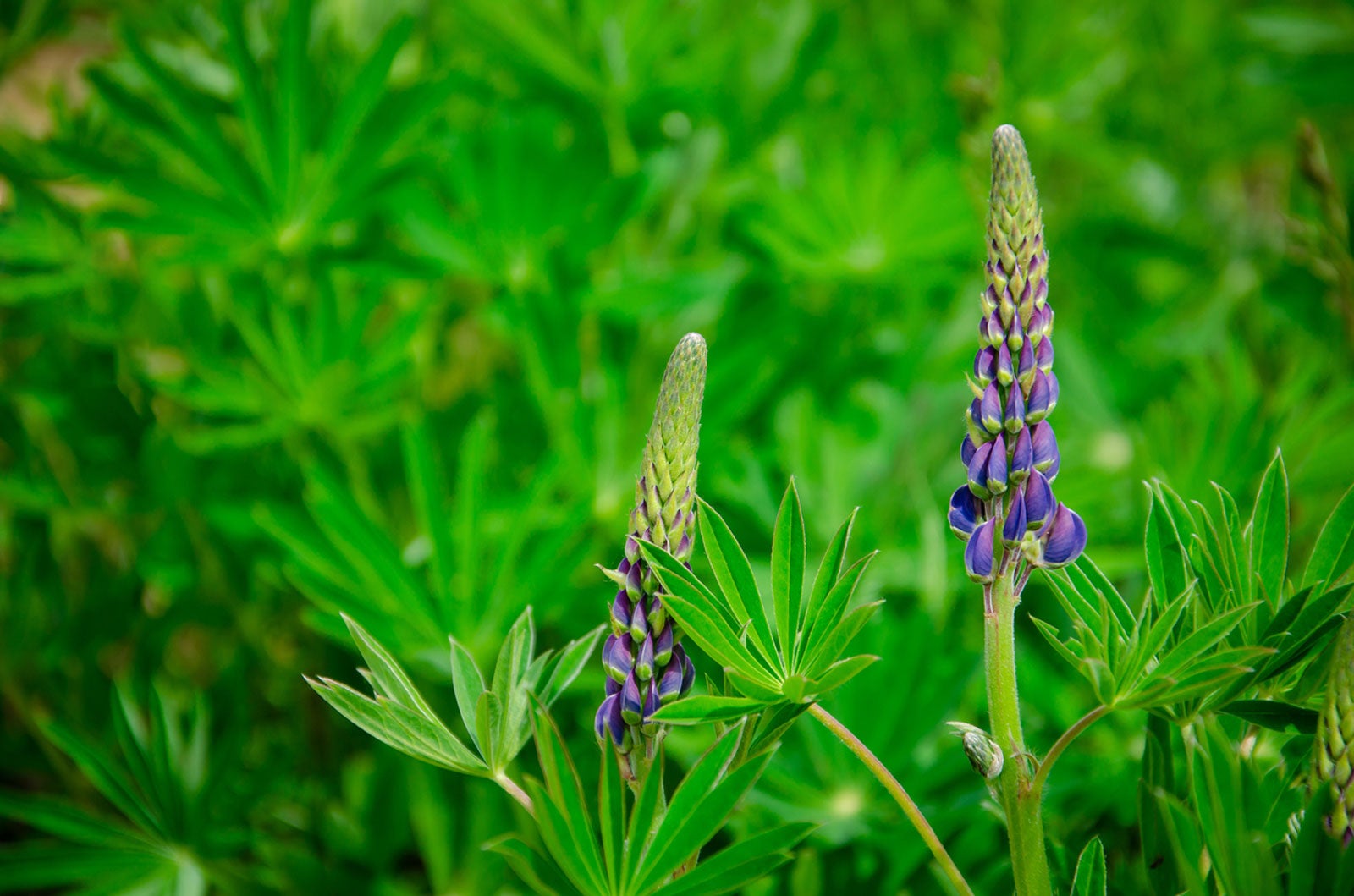 Arroyo Lupine Information: Learn How To Grow An Arroyo Lupine Plant
Arroyo Lupine Information: Learn How To Grow An Arroyo Lupine PlantArroyo lupine plants are the welcome signs of spring on the rocky slopes and grasslands of the Western United States. Pollinators are highly attracted to these plants and the seeds sustain small wildlife critters. For more arroyo lupine information, click here.
By Mary H. Dyer
-
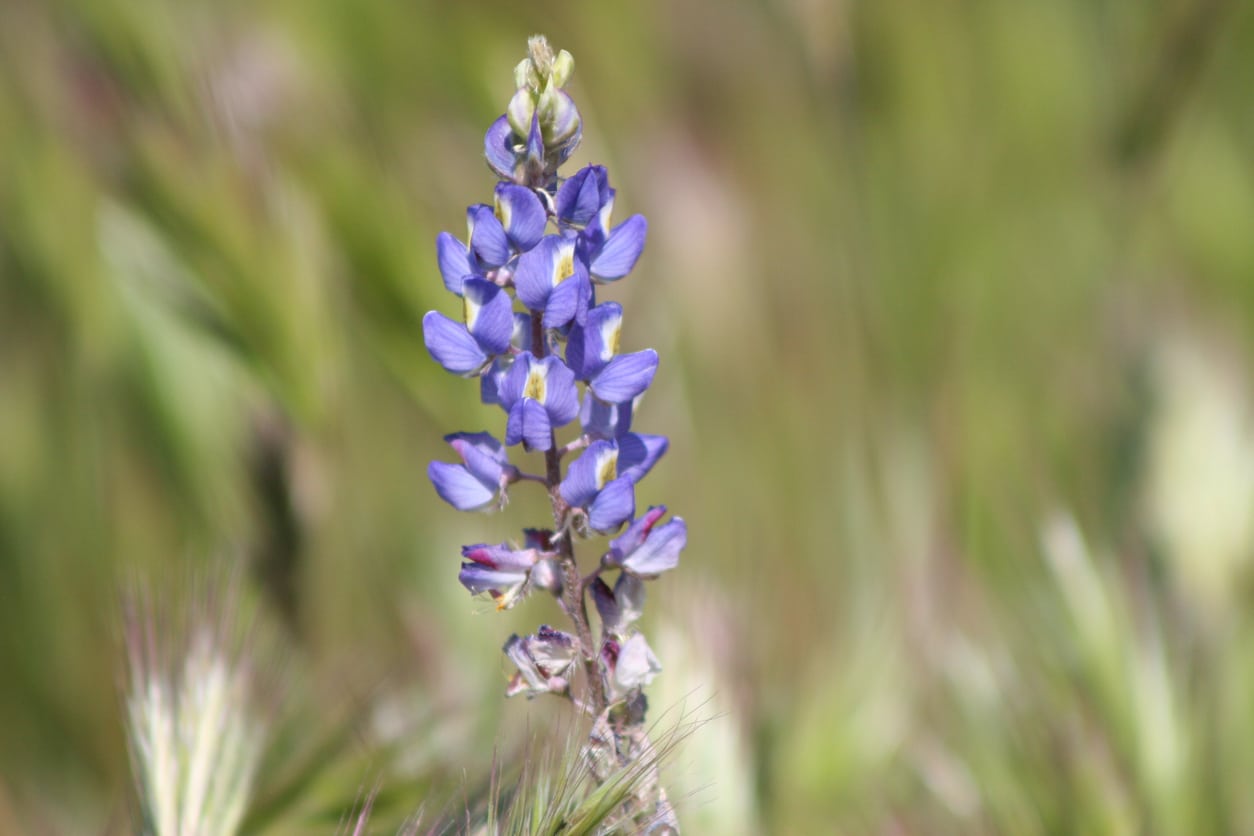 Desert Lupine Plant Care – How To Grow Desert Lupine Plants
Desert Lupine Plant Care – How To Grow Desert Lupine PlantsDesert lupine is a wildflower that grows across the southwestern United States and parts of northern Mexico. This nectar-rich desert wildflower is highly attractive to a number of pollinators, including honeybees and bumblebees. Learn more here.
By Mary H. Dyer
-
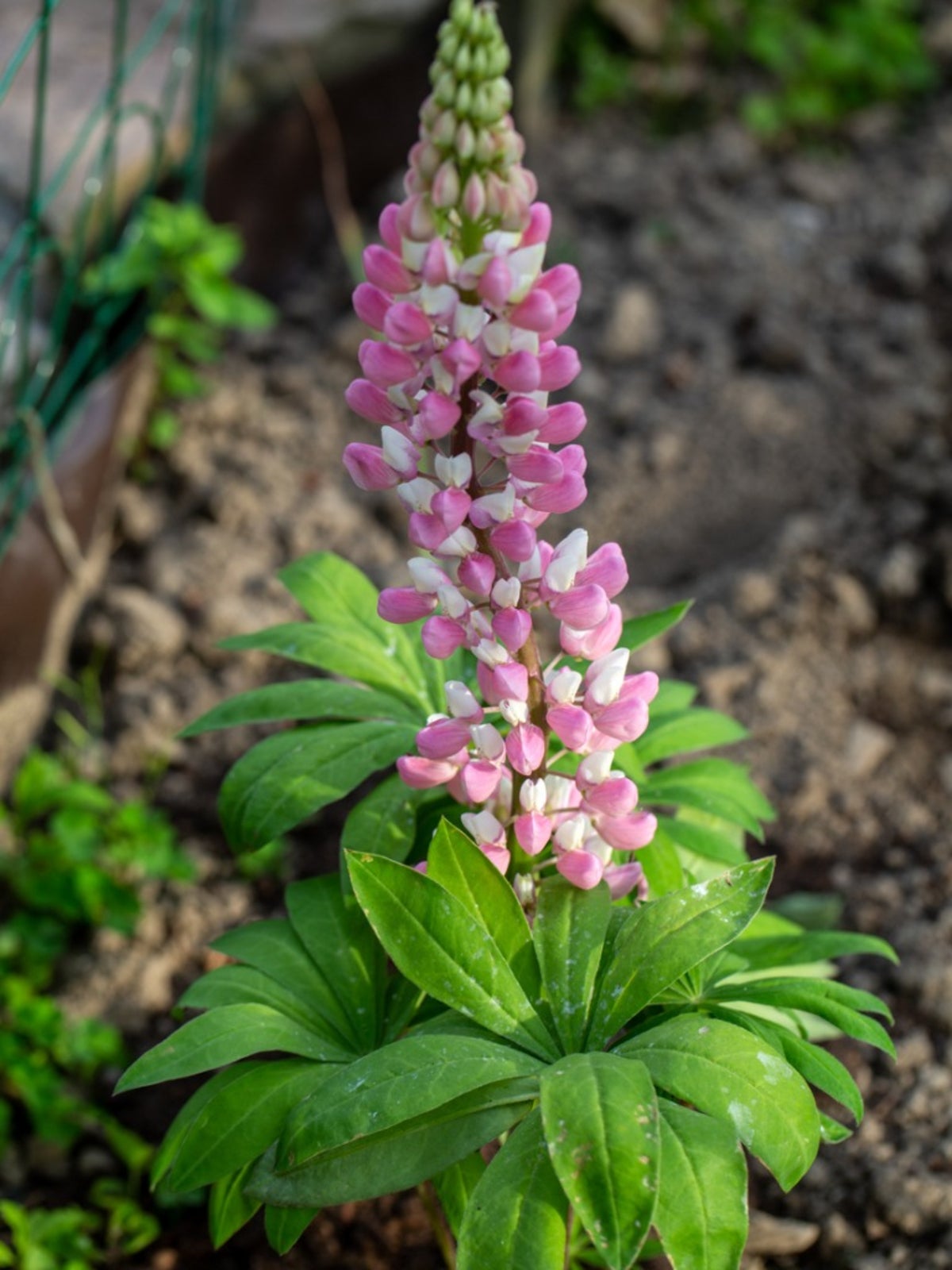 Bigleaf Lupine Care: What Is A Bigleaf Lupine Plant
Bigleaf Lupine Care: What Is A Bigleaf Lupine PlantBigleaf lupine is a big, tough, flowering plant that is sometimes grown as an ornamental but is also often battled as a weed. Click on the following article to learn more about growing bigleaf lupines and when bigleaf lupine control is the best option.
By Liz Baessler
-
 Lupine Plant Diseases – Controlling Diseases Of Lupines In The Garden
Lupine Plant Diseases – Controlling Diseases Of Lupines In The GardenLupines are attractive, easy to grow flowering plants that tolerate cool and moist conditions, and produce stunning spikes of flowers in a wide range of colors. The only real drawback is the plant's relative sensitivity to disease. Learn more here.
By Liz Baessler
-
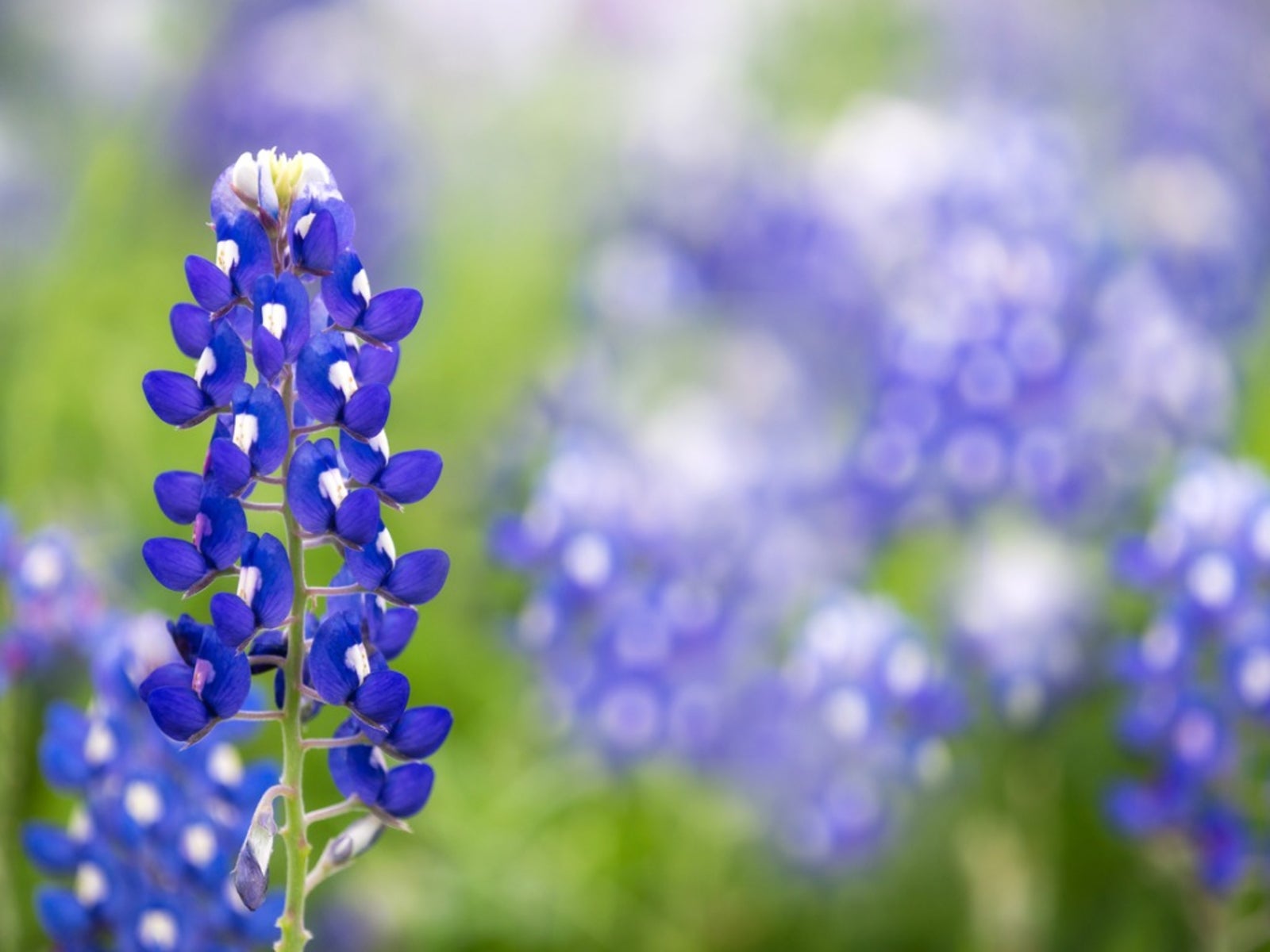 Growing Blue Bonnets - When To Plant Blue Bonnets In The Garden
Growing Blue Bonnets - When To Plant Blue Bonnets In The GardenGrowing blue bonnets adds an interesting shade of color to the spring landscape. Texas blue bonnets are easy to grow and you can find tips on how to grow these plants in this article.
By Becca Badgett
-
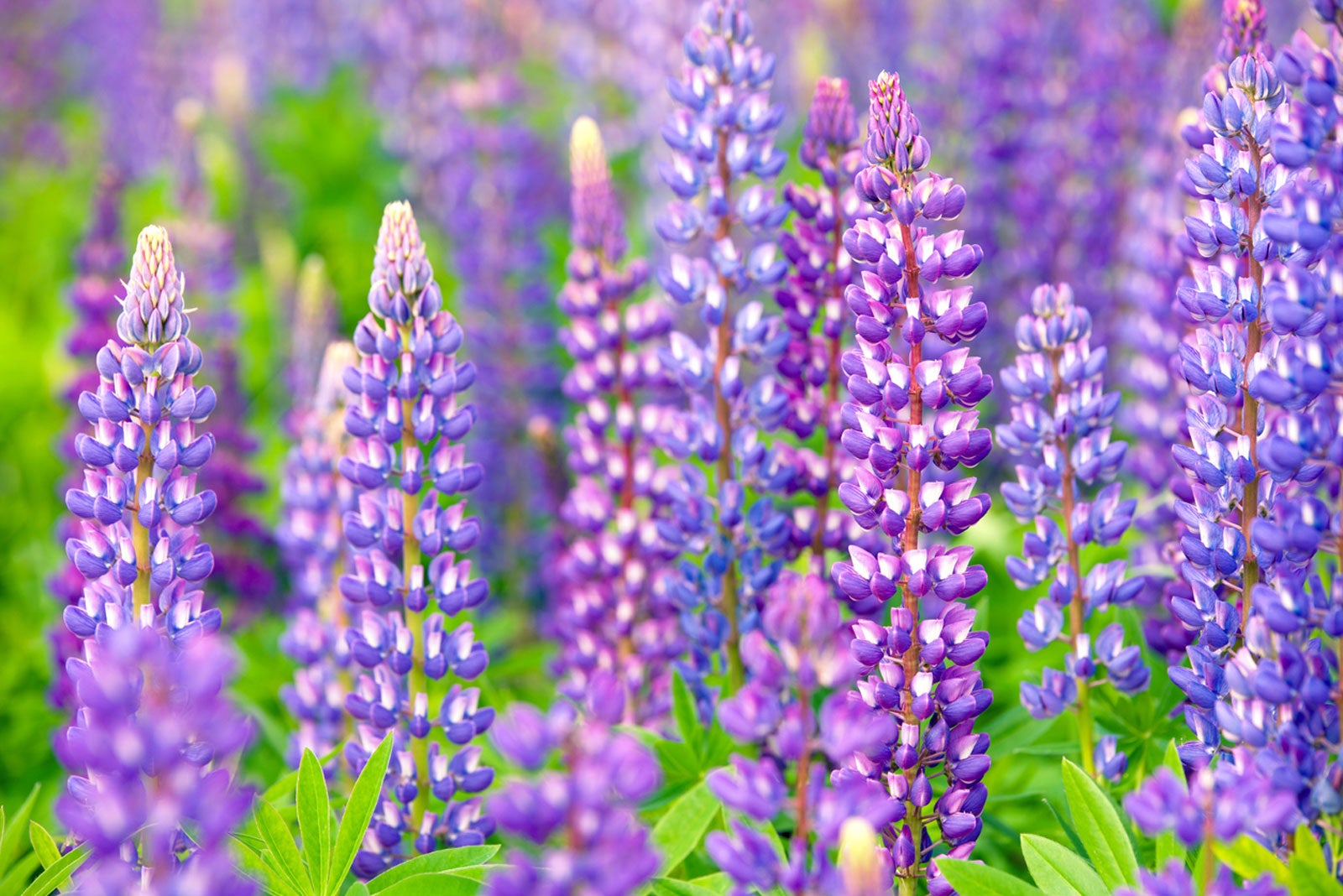 Planting Lupine Flowers - How To Grow Lupines
Planting Lupine Flowers - How To Grow LupinesLupines are attractive and spiky, reaching 1 to 4 feet (30 to 120 cm) in height, adding color and texture to the back of a flowerbed. Pollinators love them.
By Becca Badgett